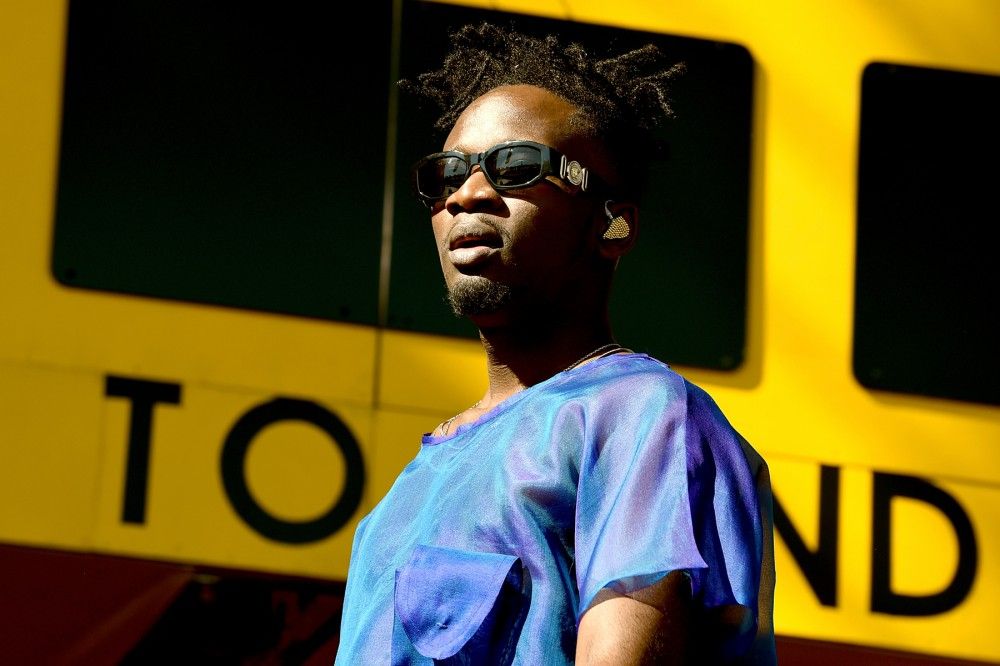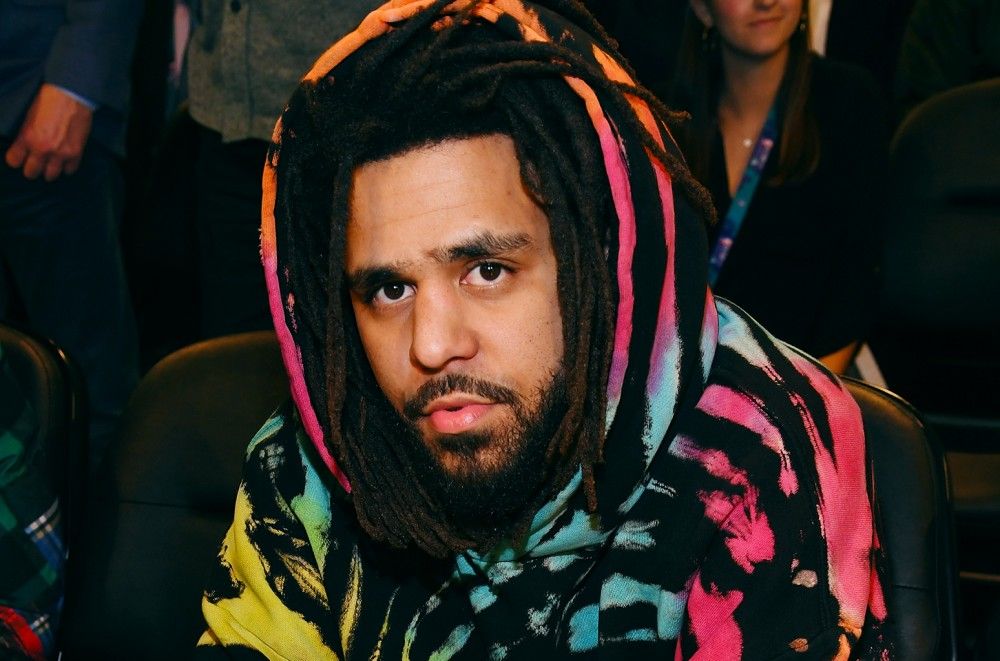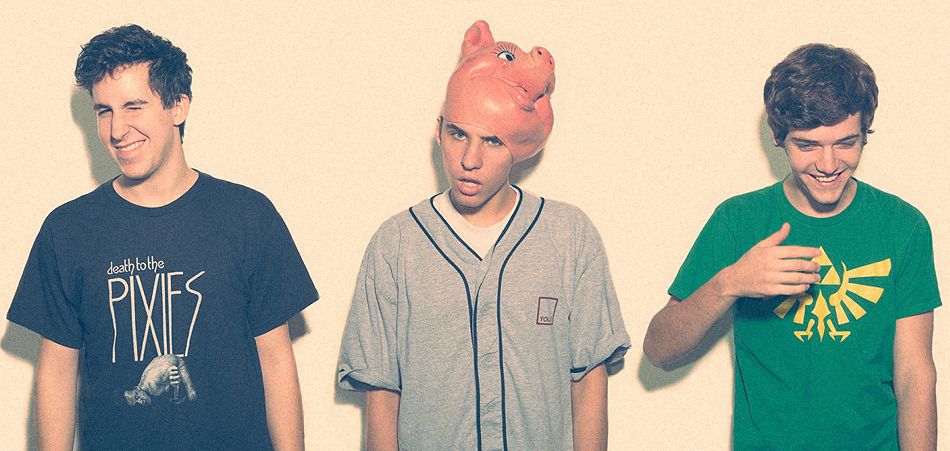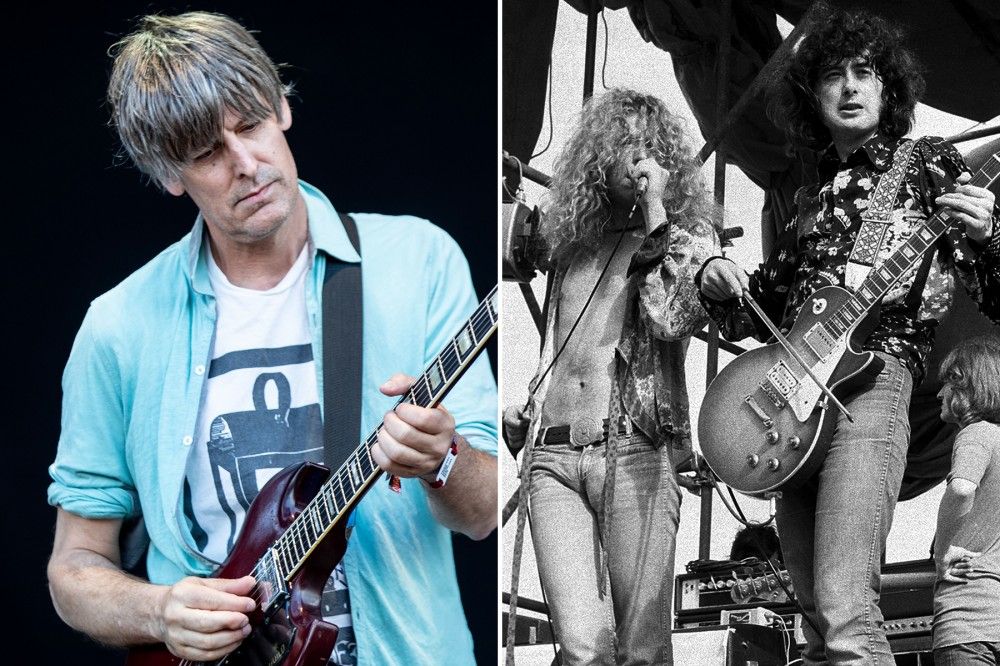
Mr. Eazi Will Fund New Class of Rising Artists Through emPawa30
The Nigerian singer announced the 30 artists who will take part in the second edition of his talent incubator program emPawa Africa on Wednesday. Each artist will receive a $10,000 grant to go towards a music video, along with mentorship from professional singers, producers, and video directors.
Mr. Eazi launched emPawa in 2018 with the goal of investing in promising artists early so they could develop self-sustaining careers. “He always told us the story of the $1,000 investment someone made in his career and how that made a huge difference,” E-Kelly, a producer and close collaborator, told Rolling Stone in 2019. “If he can give other artists a good kickstart, they can find their feet from then on.”
Initially Mr. Eazi helped a pool of 100 artists in Africa with $3,000 grants. The money was meant to cover the cost of a YouTube video. While many streaming services that are popular in the U.S. are not available in Africa, YouTube is everywhere, making it the crucial music outlet. “We’re the pipeline, the interstate that connects all those African] diasporas,” says Tuma Basa, YouTube’s Director of Urban Music.
The second edition of emPawa will be more focused, providing fewer artists (30) with more resources ($10,000). “We wanted to be able to have mentors attached to everybody — that’s easier for 30 people than 100 people,” Mr. Eazi explains. “And we wanted to be able to spend the same amount of money but have people have more of it. The cost of videos and the cost of production have increased since the last time.”
Artists apply to emPawa by submitting short, hashtagged clips online, and a team of roughly ten people helps Mr. Eazi sift through the submissions. “I told everyone in the ecosystem, so some people not even in emPawa see talented artists] and send them to me — like Kel-P, who produced most of Burna Boy’s new record, radio stations, there were loads of people looking out.”
Mr. Eazi then had the unenble task of whittling more than 30,000 submissions down to 30 finalists. “It was tougher than the last time,” he says. “Who gets me in the first 15 seconds? It could be the voice; it could be the flow. Then we go a deep dive — what have they been putting out their profile, other songs, freestyles. Then we reach out to them to send us some music. Then when we’re convinced, we send them in with producers just to get a sense of whether they can go in and make stuff. After all those steps, we select.”
The latest emPawa class ranges more widely than the last: The resulting pool includes 16 of the artists come from Nigeria, eight from other countries in Africa, three from North America, and two from the U.K. “We made a more conscious effort to have more female artists on board,” Mr. Eazi adds. “We also opened doors to gospel music.”

Some of the new emPawa artists have already achieved some success on their own — a video of Bosom P-Yung performing his pinging single “Attaa Adwoa” has racked up more than a million views in two months. C Natty has writing credits on Mr. Eazi and Tyga’s collaboration “Tony Montana” and “Odo Bra.”
The 30 new emPawa artists will get the chance to learn from veteran hitmakers like DJ Maphorisa, E-Kelly, and GuiltyBeatz. In addition, the new emPawa class will have the chance to learn about YouTube — “how to take advantage of the platform and use it to the best of their ability,” says Vivien Lewit, Global Head of Artist Relations for YouTube Music, which is helping fund 10 of this year’s emPawa artists. “We’re working together around best practices: How to reach audiences, connect with fans, and engage with them in ways that create not only viewership of music videos but awareness around their stories.”
“It’s rare for an artist to take on such a massive mentorship role, to have that much desire to showcase and bring up talent in a real scaled way,” Lewit continues. “Mr. Eazi] has the ability to impact these artists in a really meaningful way.”
The #emPawa30:
Bemisoul (USA/Nigeria)
Bosom P Yung (Ghana)
C Natty (Nigeria)
Camidoh (Ghana)
Camo Blaizz (Nigeria)
Donel (UK/Zimbabwe)
DonFreezy (Nigeria)
Dopeprince (Nigeria)
Exposuremuzik (Ghana)
Fresh Prince (Nigeria)
GoodGirl LA (Nigeria)
Grace Idowu (Nigeria)
James Garlimah (Canada/Liberia)
July 7 (UK/Nigeria)
Kamo Mphela (South Africa)
Macjreyz (Nigeria)
Marioo (Tanzania)
Mizzle (Nigeria)
Namenj (Nigeria)
Oiza & Meyi (Nigeria)
Sishii (South Africa)
Solana (Nigeria)
Tomiwa Dudobo (Nigeria)
TU2 (Nigeria)
Xenia Manasseh (Kenya)
Yung Meagan (Cameroon)
Yusuf Kanbai (Nigeria)
Zaman (Nigeria)
Zarion Uti (USA/Nigeria)



